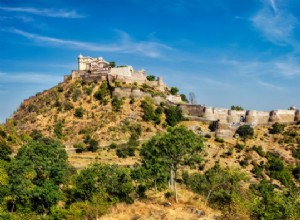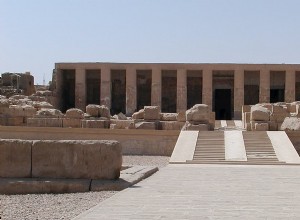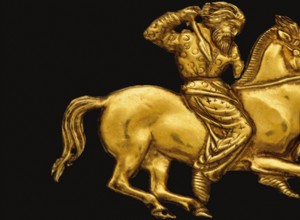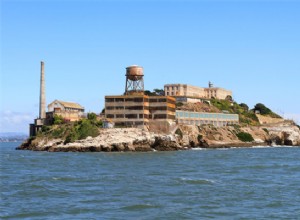Unquestionably the largest wall in the world is the famous Great Wall of China. In Europe there is another very similar, although considerably smaller, the Wall of Ragusa. And among those that no longer exist are the Walls of Benin, in Africa, which were once the longest structure built by Man. Ind




